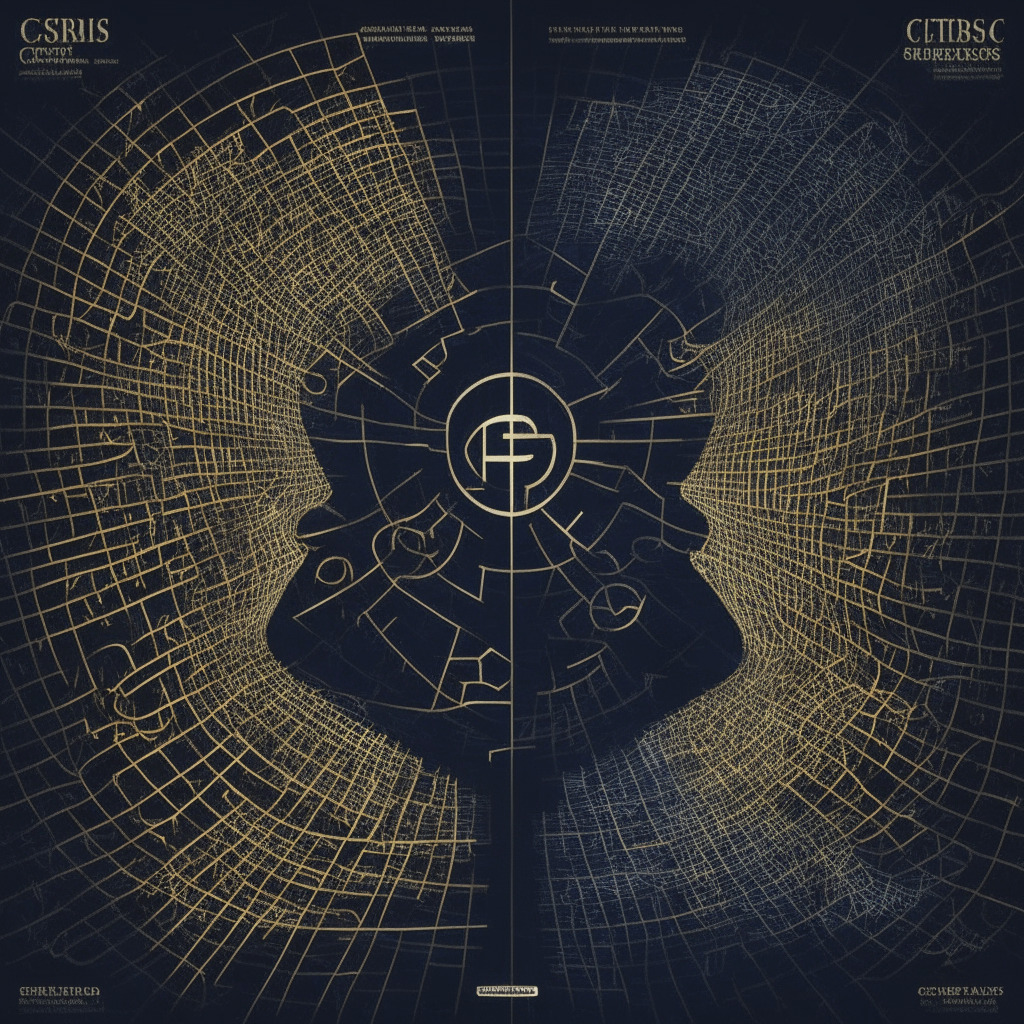As the deadline to raise the debt ceiling approaches, new crypto-focused bills have made their debut on Capitol Hill, addressing topics such as Central Bank Digital Currencies (CBDCs) and the role of cryptocurrencies in dark web drug trafficking.
Rep. Alex Mooney introduced the Digital Dollar Pilot Prevention Act, a bill aimed at preventing the launch of a CBDC or a similar government-issued token. Mooney believes that CBDCs could threaten the liberties of law-abiding citizens and cites examples from authoritarian countries cracking down on dissent. The bill has garnered support from 14 Republican cosponsors, who share concerns over the potential lack of privacy in CBDCs.
This comes after the Federal Reserve collaborated with several foreign central banks on a report discussing the impact of CBDCs on the global economy. The report highlighted privacy, data governance, and anonymity as potential legal issues arising from retail CBDCs.
In a bipartisan effort, lawmakers Reps. Chris Pappas and Tony Gonzales introduced the Dark Web Interdiction Act. In the Senate, Sens. Maggie Hassan and John Cornyn spearheaded a sister bill, calling for increased transparency into the role cryptocurrencies play in dark web drug trafficking. The bills propose harsher penalties for trafficking controlled substances on the dark web and require the Attorney General to report to Congress which cryptocurrencies are most commonly used and methods to identify users.
These bills arise amidst challenges in advancing crypto policy as lawmakers on both sides struggle to find common ground. House Republicans and Democrats have released differing stablecoin bill drafts, while bipartisan efforts such as the Responsible Financial Innovation Act have had difficulty gaining momentum in key committees.
It will be crucial to monitor the development of these bills as they can have significant implications for the cryptocurrency market, CBDC adoption, and crypto regulation. Addressing the pros and cons of such legislation through a balanced perspective will allow for an informed discussion around the potential consequences and benefits of these policies.
Source: Blockworks




